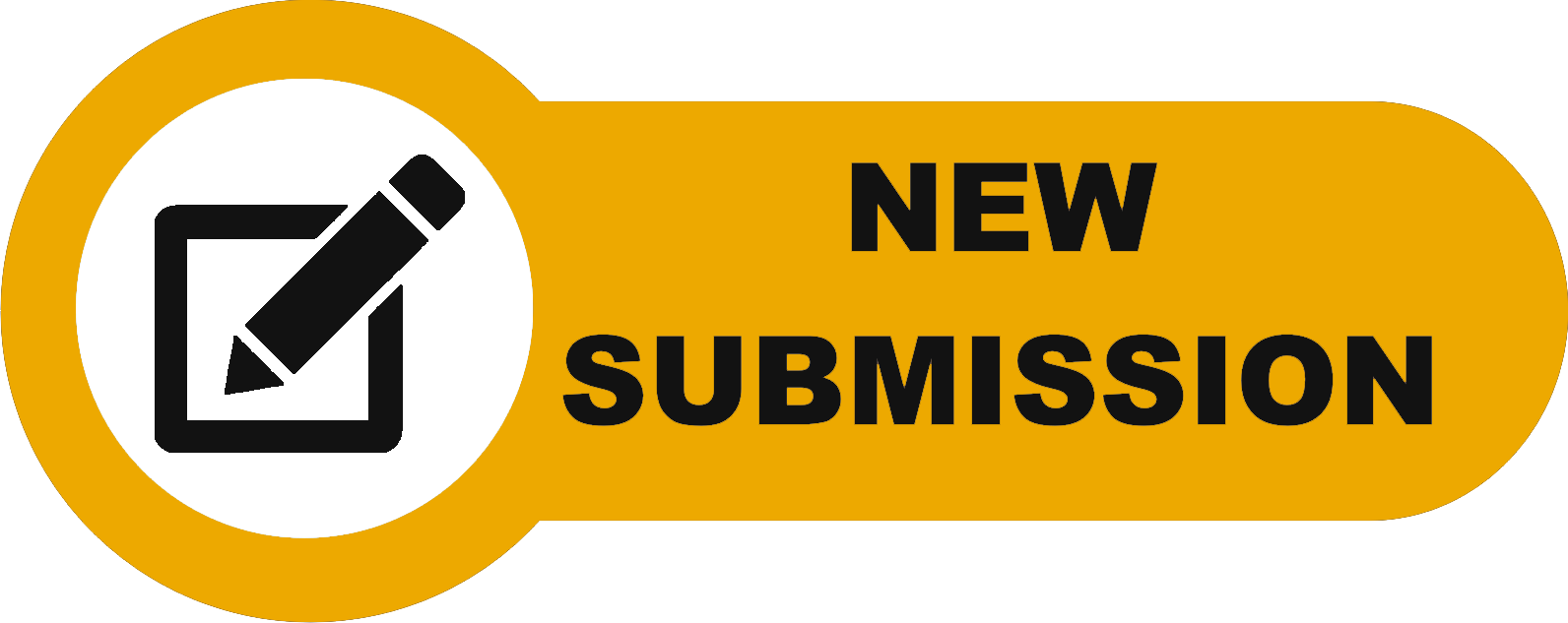| ACCREDITATION |
 |
 |
| MAIN MENU |
| Editorial Team |
| Reviewer |
| Fokus and Scope |
| Publication Ethics |
| Author Guidelines |
| Peer Review Process |
| Editorial Police |
| Copyright and License |
| Online Submissions |
| Author Fees |
| Anti Plagiarism Commitment |
| TEMPLATE |
| RECOMMENDATION TOOLS |
 |
| VISITOR |
| |
Editorial Policies
Scope and focus
The focus of the study from JIOSE: Journal of Indonesian Sharia Economics covers the theme of Sharia Economics & Business with sub-themes:
- Syaria banking
- Islamic Philanthropy
- Sharia Finance
- Sharia Accounting
- Sharia Marketing
- Sharia Management
- Sharia Business
Peer Review Process
The review process for JIOSE: Journal of Indonesian Sharia Economics is carried out transparently and fairly regardless of race, gender, ethnicity, religion, or group. The review process includes:
- Articles sent by the author are accepted by the editorial team for assessment regarding suitability with the scope and template of the journal.
- Articles deemed appropriate by the editor will be sent to 2 (two) reviewers for content review using a double-blind review method.
- Reviewers will suggest improvements and/or accept/reject articles through the editor.
- If the article is accepted with corrections, the editor will send it back to the author to be corrected according to the reviewer's suggestions.
- The results of the corrections are sent back to the editor to determine whether the article is accepted or rejected.
- The editor's decision is final.
Issue Frequency
JIOSE : Journal of Indonesian Sharia Economics is published twice a year, namely in March and September.
Anti-Plagiarism Commitment
All submitted manuscripts will be checked with anti-plagiarism software and unique detection by the editorial team of the journal JIOSE: Journal of Indonesian Sharia Economics as a commitment to fight against plagiarism in the academic world
Financing
JIOSE : Journal of Indonesian Sharia Economics does not charge fees from the author, either for the submission of the manuscript, the review process, or for the publication of the article.
Copyright
Authors who publish their manuscripts in this Journal agree to the following conditions:
- Copyright of each article belongs to the author.
- The author acknowledges that JIOSE : Journal of Indonesian Sharia Economics has the right to publish for the first time under a Creative Commons Attribution 4.0 International License.
- Authors can enter writings separately, arrange the non-exclusive distribution of manuscripts that have been published in this journal into other versions (eg sent to the author's institutional repository, publication in books, etc.), by acknowledging that the manuscript has been published for the first time on JIOSE : Journal of Indonesian Sharia Economics.
License:
JIOSE : Journal of Indonesian Sharia Economics is published under the terms of the Creative Commons Attribution 4.0 International License. This license permits anyone to copy and redistribute this material in any form or format, modify, modify, and make derivative works of this material for any purpose, including commercial purposes, so long as they credit the author for the original work.
Open Access
JIOSE : Journal of Indonesian Sharia Economics provides open access to published articles. Everyone can freely download articles in this journal on the https://journal.ipmafa.ac.id/index.php/jiose page free of charge.
Archiving Policy
JIOSE: Journal of Indonesian Sharia Economics has electronic backup and preservation of access to the content of its journals via PKP Preservation Network (PKP PN). This can be seen at Publisher Manifest. PKP has developed the PKP Preservation Network (PKP PN) to digitally preserve OJS journals. The LOCKSS program offers decentralized and distributed preservation, seamless perpetual access, and preservation of the authentic original version of the content. The PKP PN ensures that journals that are not part of any other digital preservation service (such as CLOCKSS or Portico) can be preserved for long-term access. For additional details about the PKP PN, Please kindly see the high-level overview (an early discussion document).




